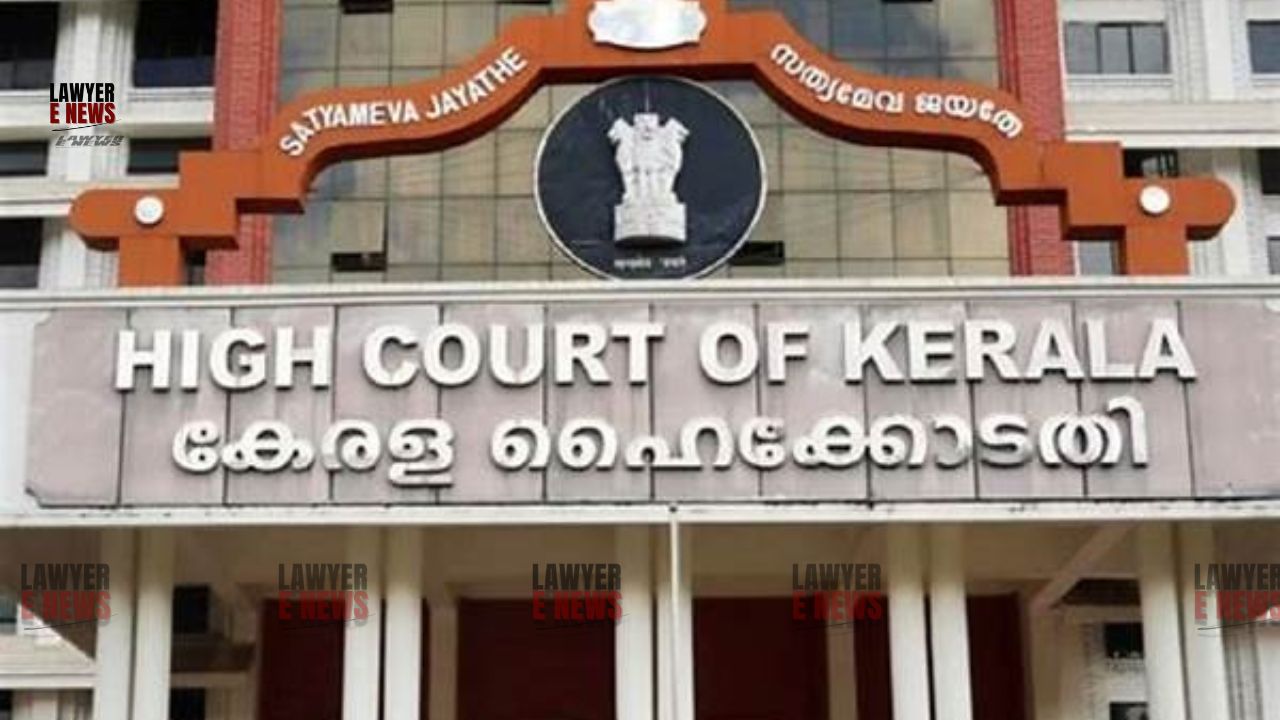-
by Admin
15 February 2026 5:35 AM



Kerala High Court granted bail to Dhanesh K.V., the petitioner in Bail Appl. No. 6897 of 2024, who was charged with offences under the Indian Penal Code (IPC) and POCSO Act for allegedly stalking and raping a woman after she attained majority. The court emphasized the principle that bail is the rule and jail is the exception, citing the completion of the investigation and the absence of prior criminal records as reasons for granting bail.
The petitioner, Dhanesh K.V., a neighbor of the survivor, was accused of stalking her during her minor years and subsequently raping her on June 24, 2024, after she had reached the age of majority. He was charged under Sections 354D(1), 376(2)(n), and 506 of the IPC and Section 12 read with Section 11(iv) of the POCSO Act. Dhanesh was arrested on July 16, 2024, and had been in judicial custody for 77 days at the time of the bail hearing. The investigation was completed, and the charge sheet was filed on August 20, 2024.
The key legal issue was whether Dhanesh should be granted bail under Section 483 of the Bharatiya Nagarik Suraksha Sanhita (BNSS) 2023, given the gravity of the allegations. The petitioner argued that since the survivor had attained majority at the time of the alleged incident, the POCSO Act would not apply. The defense also highlighted that the charges were vague and meant to harass the petitioner.
Justice C.S. Dias cited the Supreme Court’s rulings in Manish Sisodia v. Directorate of Enforcement (2024) and Prabir Purkayastha v. State (2024), which reiterated that bail should not be withheld as a form of punishment and that bail is the rule and jail is an exception. The court noted that the investigation was complete, and Dhanesh had no prior criminal history, making his further detention unnecessary.
"The petitioner’s further detention is unnecessary. Hence, I am inclined to allow the bail application but subject to stringent conditions."
The court set conditions, including regular appearances before the Investigating Officer, a ban on entering the police station limits of the survivor, and surrendering his passport.
The Kerala High Court granted bail to Dhanesh K.V., reaffirming the principle that personal liberty should not be curtailed unnecessarily. The court emphasized that bail should be granted unless there is a substantial reason to deny it, particularly when the investigation is complete and the accused has no prior criminal antecedents.
Date of Decision: September 30, 2024
Dhanesh K.V. v. State of Kerala.
